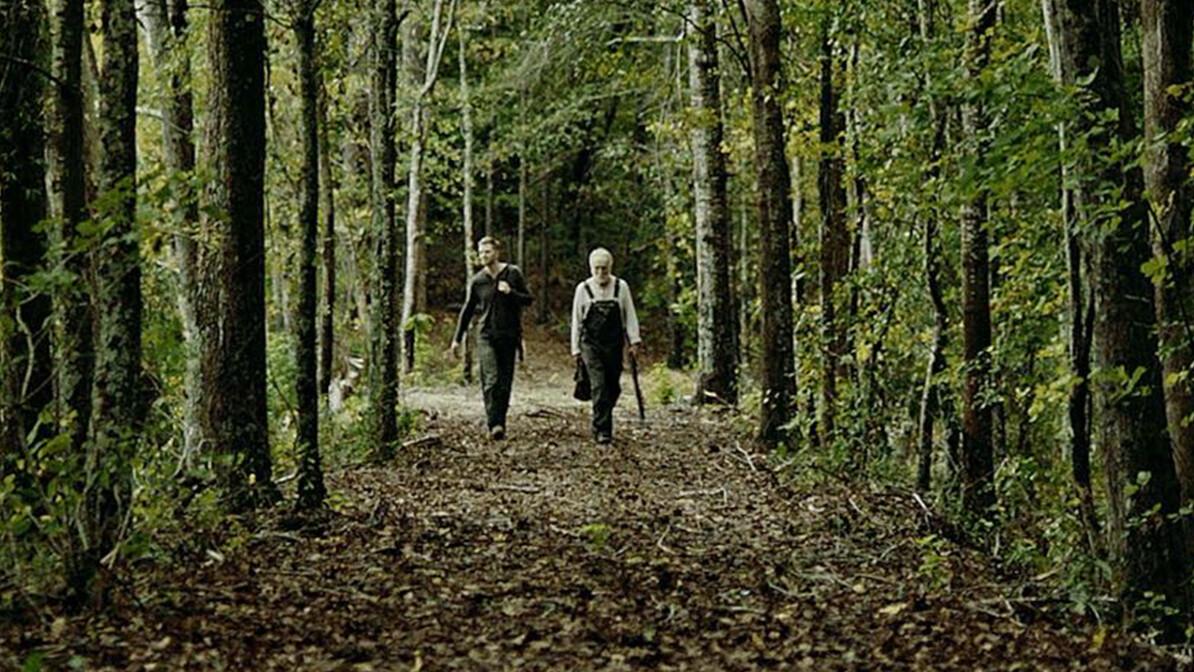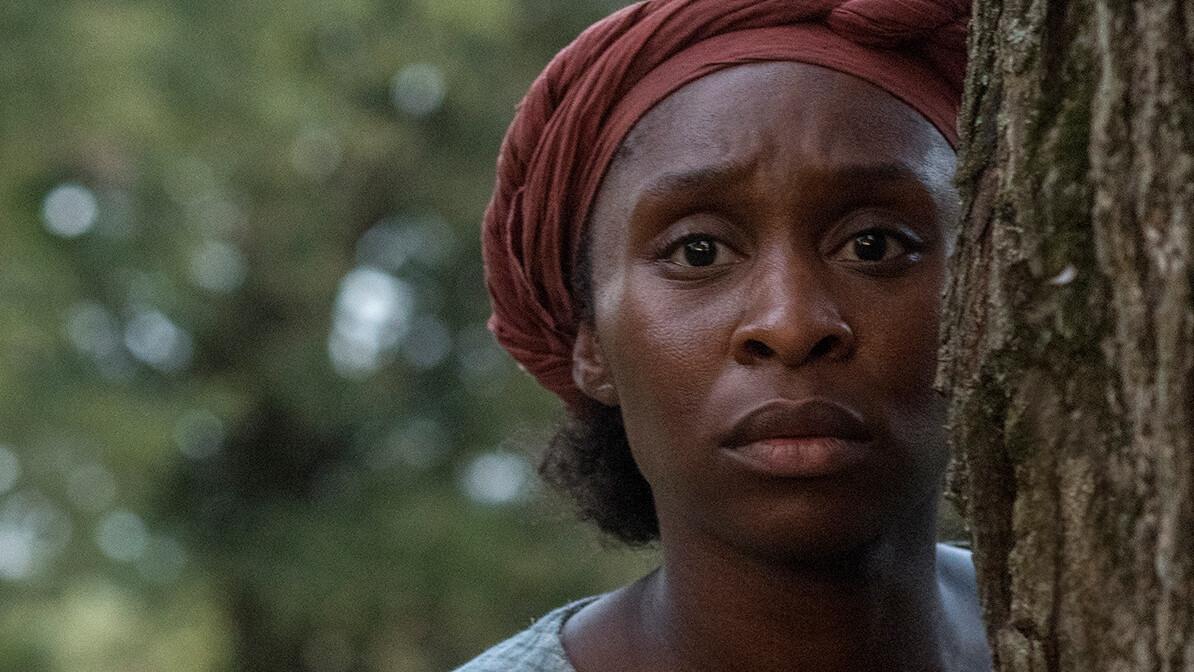- Home
- Entertainment
- Jason Mac: A Love Letter to My Dad (Part 1)

Jason Mac: A Love Letter to My Dad (Part 1)
 John Farrell: Can you tell me a little bit about A Father’s Legacy?
John Farrell: Can you tell me a little bit about A Father’s Legacy?
Jason Mac: A Father’s Legacy is about a young man who goes in search of his father that he never knew. He ends up at this old man’s cabin in the woods. These two guys really have nothing to do with each other, but they learn that maybe they were brought together for a reason.
It’s very much a father-son story. It’s about what a son means to a father and what a father means to a son, and discovering what legacy means. What our impact on other people is and that there is redemption, and we’re all redeemable in a sense.
JF: Would you say that’s the overall message and what do you hope viewers take from the film?
Jason: Great question. It’s very much a father-son story. My hope is when people watch the movie, when it’s over, they call somebody they love. Or maybe they saw it with somebody they love, and they tell them they love them while they can.
I got a wonderful compliment from someone a little while ago. They told me that they watched the film over the weekend, and they said, “I thought of this neighbor we used to have. He was a widower and we kind of brought him into our family.” I was like, “That’s so cool that while you’re watching the movie that someone popped into your head and you were able to relate.”
That’s really the purpose of the film – to look at the impact that we’re having on people’s lives. Not necessarily biological, but coaches, mentors, pastors, youth directors. You can touch so many people’s lives and that is going to leave behind a legacy. What are we leaving behind?
JF: That’s the mark of a good movie when people are relating to it in ways that go beyond what you imagined, and that it’s instantly relatable and recalls memories that viewers have.
Jason: Yeah, I hope so because you never know.
It’s a very personal story to me. It comes from when my father unexpectedly passed away. When that happened, it was very much like a before-and-after moment in my life because this man was one of my guardians, and even though I was in Los Angeles, I could call him and I knew he was going to be there for me.
When he passed on, it was this distinct shift – like I felt like my DNA was changing – and this script comes from that process after he passed of trying to figure out what does a father mean to me? And then conversely, what did I mean to him?
The story itself is not a biography. It’s not my story. It’s a fictional story, but it is my thoughts and reflections on that. All I could do during writing and making the film was know that this is true to me. It’s true to my core. It’s true to my soul. And I believe these reflections. The hope is that other people feel the same way. And so far so good.
JF: Is there a parallel between the father-son relationship that you see in the movie and our relationship with our heavenly Father?
Jason: Absolutely. It’s funny you say that because whether it’s conscious or not, it’s like every relationship we have is really informative to every other relationship we have. What we put into it and what we get out of it.
We open the film on this old man. It’s literally the first scene of the movie. The old man is like, “I’m talking to you and I don’t know whether you’re there or not. I don’t know whether you’re listening or not. I promised someone I would do this. I’m ready whenever you are. You can take me.” So, you have this man who already is full of shame. He’s on this earth, but he doesn’t have a purpose. He’s lived a long life, but like ourselves, there’s been moments of “am I worthy of this relationship?”
We look at that with our heavenly Father, but we also look at that with other people in our lives. Are there people in our lives that we’re like, “Am I even worthy to have this relationship? Am I even upholding my end of the bargain in this relationship?”
There is that kind of parallel of we’re looking at this father-son relationship, but we’re also looking at this relationship between both of these characters and God.
JF: There are many different deep elements to the film regarding relationships, responsibilities, and faith, yet it doesn’t feel or look like your typical Christian film. Is that intentional?
Jason: Yeah. It is because what I’ve learned about myself is I have to be authentic to myself. As cool as a lot of faith films are I don’t know how realistic some of them are. What I mean by that is you have this story and then everything works out in the end, or maybe something kinda bad happens. In my life, it hasn’t really worked out that way. There’s beautiful moments, but there’s also really painful moments.
Also, the people that I know, they speak a certain way. I wanted to reflect this grounded element when you’re watching these characters. If you were to go to the local hardware store, you would meet these guys there. They would be there, this is how they would talk, this is how they would act, and they’re flawed and they’re not perfect. I think it was really important to show that neither of these men are perfect. None of them are perfect. No one in this movie is perfect.
That was really important to me to ground it in that way and to show that we’re still redeemable. Even if you haven’t necessarily murdered someone or done something super bad, we all have this baggage and the longer we walk this earth, the more opportunities there are to make mistakes. We can’t let those mistakes bury us because if we don’t address them and we aren’t held accountable either to ourselves or to others we’re going to bury ourselves in shame and we’re going to miss so many beautiful moments in life. That’s ultimately what redemption is.
JF: Absolutely. You’re more intimate with this film than anybody else, because you wrote it, directed it, and starred in it. What was so compelling about the story to you that it had to be told?
Jason: The answer is kind of in two layers. I knew at the time when my father passed that the next step for me was to make a feature film. So professionally speaking, I knew that was coming. I knew that was something I needed to do, but also business-wise, I didn’t have somebody who was like, “Hey, here’s two, three, four, five, $10 million to go make this movie.” I knew that I needed to make something where I didn’t have to rely on anyone else to make it, whether it was $10,000 or $10.
When my father passed, it was really important to me to tell this story because this is my love letter to him. The film is dedicated to my father. We shoot at our family’s pond house. At the end of the film, you see a picture of my dad and he’s holding a fish standing in front of the pond that we shot at. I wrote it around locations that I knew that I could have. I knew that no matter what I had to tell this story.
As far as directing it and acting in it, it was partly a function of I wanted to direct it because I felt that only I was going to be able to tell the story that I wanted this to be because a script can go many different ways when you start shooting it. I had a very clear vision of the film that I wanted to make and what I wanted people to get from it, and the style that I wanted. As far as acting, I was like, “Well, I know I’m going to be available and I’m an actor, and I know exactly what the director wants because I am the director.” So it was convenient. It was partly a function of convenience, but I also know this character because I wrote this character and he lives within me. I knew I had to tell it for my father.
When I started writing, I was like, “This is the movie I’m going to make. No one’s going to be able to tell me ‘no.’ I’m going to write it in a way that it’s going to be ‘yes.’ It doesn’t mean it’s going to be easy, but it’s going to be yes. I’m making this movie. No one’s gonna stop me.”
Then as far as all those other pieces coming together, it’s just making sure that they lined up with being able to do it. So, there’s two functions: I had to tell the story and I wrote it in a way that I could tell the story.
JF: Throughout the whole process of creating this movie, what did you learn about yourself?
Jason: You know what’s funny is I’ve learned more from this movie in the past eight months than I did making it. I think the reason is because we shot this in 2018. I wrote it in 2017. We essentially finished it in 2019, and we were going through the distribution process pretty much the last year and a half.
When you think about it, I wrote this thing four years ago and we shot it three years ago. That’s a lot of time. As a human being, I’ve grown and I like to think that I’ve grown as a person in a good way. But looking back on this film, I’m seeing even more things that are in it and I’m like, “Oh my gosh.” Even more of me is in this film on a personal level than I even realized, but I didn’t know it at the time.
These are views that came out in this script because I was just trying to be honest, and I didn’t necessarily know where they came from. Now, I’m looking back on it and I totally see where these things came from, but I didn’t notice it at the time, which is why I learned a lot doing it.
A lot of the things I learned doing it were more technical artistry kind of things like making sure that we really nail our master before we go onto coverage. And once you have what you need, play around a little bit. Don’t be set on a certain way to get a certain take. I learned from Tobin Bell who crushes it in this movie. I learned from him as an actor. A lot of what I gathered from the process were more technical aspects, but from a personal level, revisiting the film helped me realize there was a lot of me in that film that I didn’t necessarily know at the time.
Trending Now
Sign up today for your Inspiration Today Daily Newsletter
Supercharge your faith and ignite your spirit. Find hope in God’s word. Receive your Inspiration Today newsletter now!
John Farrell
John Farrell serves as the Digital Content Manager at Inspiration Ministries, where he oversees the planning, organization, and management of website content to support the ministry's global digital outreach. With a strong background in writing and editorial strategy, John ensures that the articles, devotionals, and discipleship resources on Inspiration.org are accurate, engaging, and aligned with the ministry's mission.
John has authored more than 1,000 articles, press releases, and features for Inspiration Ministries, NASCAR, Lionel, and Speed Digital. His versatility as a writer is also showcased in his 2012 book, The Official NASCAR Trivia Book: With 1,001 Facts and Questions to Test Your Racing Knowledge.
A graduate of Appalachian State University, John brings excellence and attention to detail to the digital experience at Inspiration Ministries. He lives in Concord, N.C., with his wife and two sons.
Related Articles
March 10, 2025
Finding Total Victory on the Road to Championship
I have been playing competitive golf for 55 years. Through the various stages of my life, my…
March 7, 2025
Average Joe Movie: SCOTUS, Praying Football Coach Backstory
When Coach Joe Kennedy knelt to pray at the 50-yard line after a high school football game, he had…
February 28, 2025
The Power of Story: A Muslim Journey to Hope
Storytelling is one of the oldest and most powerful ways to touch the human heart. Parents tell…
February 27, 2025
‘Harriet’ Movie: Courage, Freedom, Faith
Antebellum abolitionist Harriet Tubman had convictions and courage that helped free herself…
Next Steps To Strengthen Your Walk
Inspiration Today Newsletter
Supercharge your faith and ignite your spirit. Find hope in God’s word. Receive your Inspiration Today newsletter now!
Christian Articles
Find articles to strengthen your walk and grow your faith. We have a wide range of topics and authors for you.
Submit A Prayer Request
We are here for you. Simply click on the button below to reach us by form, email or phone. Together we will lift our hearts and voices with you in prayer.





